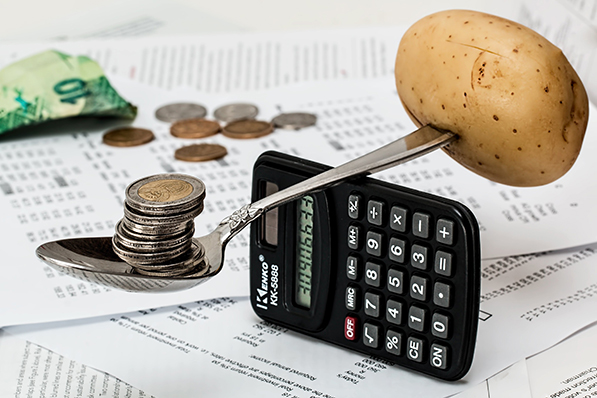By Ahmad Abu el-Hamd
The nation’s struggling economy, housing crisis, and credit crunch have undeniably impacted many citizens. The tough nature of our turbulent economy makes many consumers feeling confused and powerless. While it’s important for consumers to try to understand what’s going on in our national economy, it is even more important that they empower themselves to take good care of their personal economies – their monthly income, expenses, and investments.
The most important thing to remember is that you can always control your budget and spending. The task is not always easy, but the basic fundamentals of smart money management still apply no matter how confusing things get on a national level. Changing your spending habits should be the first, and maybe the most difficult, undertaking your family will face while trying to survive this financial crisis. Living as if nothing has changed is the number one mistake people make during challenging times and can lead to debt.
It is clear that the current economic downturn is not going to be a temporary struggle. Taking steps to safeguard your family’s budget will be critical in ensuring your ability to weather the financial storm.
Re-evaluate your habits. If your income or expenses have changed, your spending must be changed too. Old habits are hard to break, but your family may need to forgo some traditions like eating out on Friday night, or Sunday movies, until your financial situation changes.
Little changes count. Even small changes will have an impact, and more importantly, will set the stage for changing your habits. Your family will be stronger financially on the long run, and once you get on the right track, you can begin saving for something great.
Be a smart shopper. Always shop with a list and take cash so that you can’t overspend.
Pay your bills on time. Late fees and over-the-limit charges can quickly add up to a debt problem. Additionally, many creditors have raised their rates and have even closed accounts as penalties for late payments.
Deal with big issues. If you have large, looming financial issues, such as unpaid debt or tax liens, it is time to deal with them head-on. Contact your creditors and make acceptable repayment arrangements. Implementing a plan to remove these stresses from your life will be good for your mental and financial health.
The groceries you buy. Your local grocery store down the street may have higher prices than a bigger store. Big box stores in the business of selling groceries nowadays are saving families’ money. You may have to drive a few miles of your area, if one isn’t handy, so buy enough groceries to last 2 – 3 weeks and it should be well-worth the trip. Invest in an additional freezer, and buy certain foods in bulk that you can freeze.
Expect the unexpected. Strive to establish an emergency savings account equal to at least three months of your income. If this goal seems too lofty, try having a small
amount automatically deducted from your paycheck into a savings account. As they say, out of sight, out of mind – you won’t spend it if it’s not in your checking account.
Finally, today’s economic climate may leave you reluctant to put your money in long-term investments, but it is important to remember that, despite everything, there has been no 10-year period in the previous 50 years where the stock market has not gained value. Individual stocks have failed, but overall stock market has performed well for the long-term investor.















